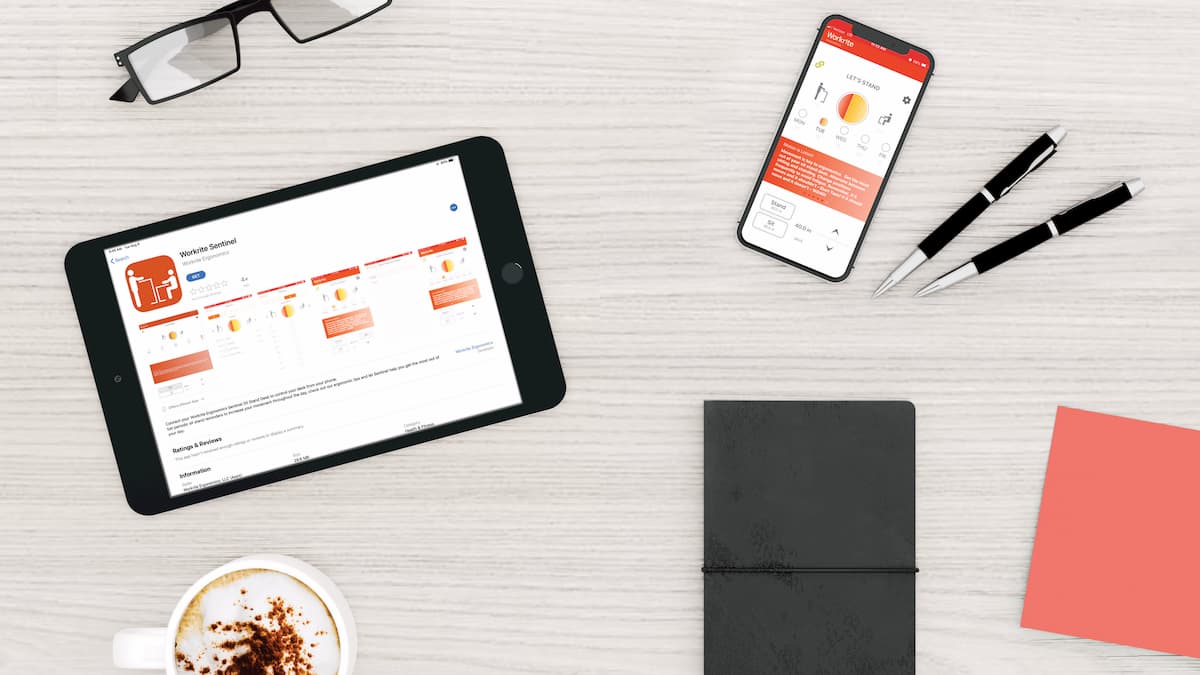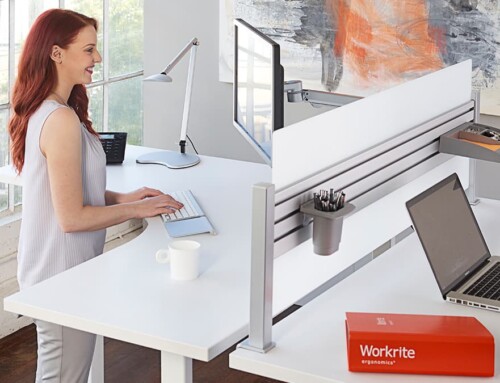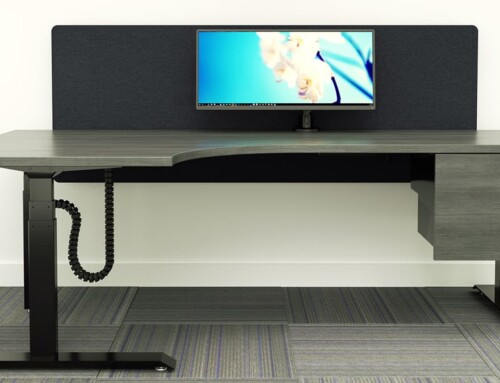Workfresh
How to Make Your New Healthy Habits Stick, Even When Things Get Hectic

There’s never a convenient time to start a new habit. Between all our commitments and responsibilities, it’s hard to fit in time for yourself to developing new healthy habits. But it’s still possible! The first step is to create SMART goals, and from there, using a variety of tools and techniques to make sure your habit sticks.
Create SMART Goals
If you want to start a new healthy habit (or any habit, really), it’s important to set yourself up for success. Creating goals that are SMART is a good place to start. SMART goals are: Specific, Measurable, Achievable, Realistic, and Timely. Goals with these characteristics are much more likely to come to fruition, and having a clearly defined goal in mind will help you make your habits stick. Here’s an example… let’s say you want to start eating healthier and getting more movement in your day to day life. That all sounds great, but it’s too general. Let’s turn this into a SMART goal!
- Specific: “Bring a packed lunch that includes at least one vegetable 4 days a week, and take a 15 minute walk outside 3 days a week.” That sounds much more concrete, right?
- Measurable: Keep track of how often you meet the goal in a notebook or on your phone. You’ll be able to measure how often you bring a healthy lunch and take walks, and there may be times you even surpass your own goal, doing either of these things more often than you set out in your goal.
- Achievable: Make sure the goal you set isn’t too difficult. Achieving a new goal will never be easy, but it should be doable.
- Realistic: If your goal is to bring packed lunches to work and take walks a few times a week, make sure your schedule can realistically accommodate this new habit. Set goals that can fit with your normal life.
- Timely: Set a start date and end date for your goal, where you can commit to the new habit for a certain period of time. Giving yourself a timeline will motivate you to continue. Once you reach the end, you can reevaluate and fine tune your goal to make it a habit that will stick long term.
Set Reminders
Whatever your new healthy habit, it won’t become a habit until you repeat it over and over. When you first start out, you’ll need a little boost. Automatic reminders will give you that little nudge you need to make your habit stick. In the above example, you could set a reminder on your phone to pack your lunch in the evening, and another reminder mid-day to go for a walk. If your new habit is to get more use out of your sit stand desk while at work, a smartphone connected desk switch can provide sit stand reminders and ergonomic goal tracking (like the Sentinel Sit Stand Desk with Bluetooth Switch). Reminders help you stay on track until your goal becomes a habit.
Plan Ahead
If you’re rushed, stressed, or unprepared, it’s easier to skip a day (or two…) on your new healthy habits. Plan ahead so you can stay on track and meet your goals. Pack your lunch the night before, keep your tennis shoes in your work bag or at your desk, and block out time to work on your new habits. If you want to take walks at lunch time, mark your calendar at that time so your schedule is clear. Keep your refrigerator and pantry stocked with healthy, packable lunch options so packing your lunch the night before is a breeze.
Don’t Do It Alone
Accountability makes us much more likely to stick to our goals and make habits stick. Find a colleague to join you on your walks, swap healthy recipes with a friend or family member, share your goals and progress on social media, and if you need extra support, reach out to people in your network for encouragement.
Adopting a new habit is not easy at first, but you’ll find it gets easier the more you do it. Celebrate the little successes as you go and keep it up if you fall behind. Habits become habits with repetition, so even if you don’t love it at first, fake it ‘til you make it! Eventually, your new habit will become second nature.




Connect with Us